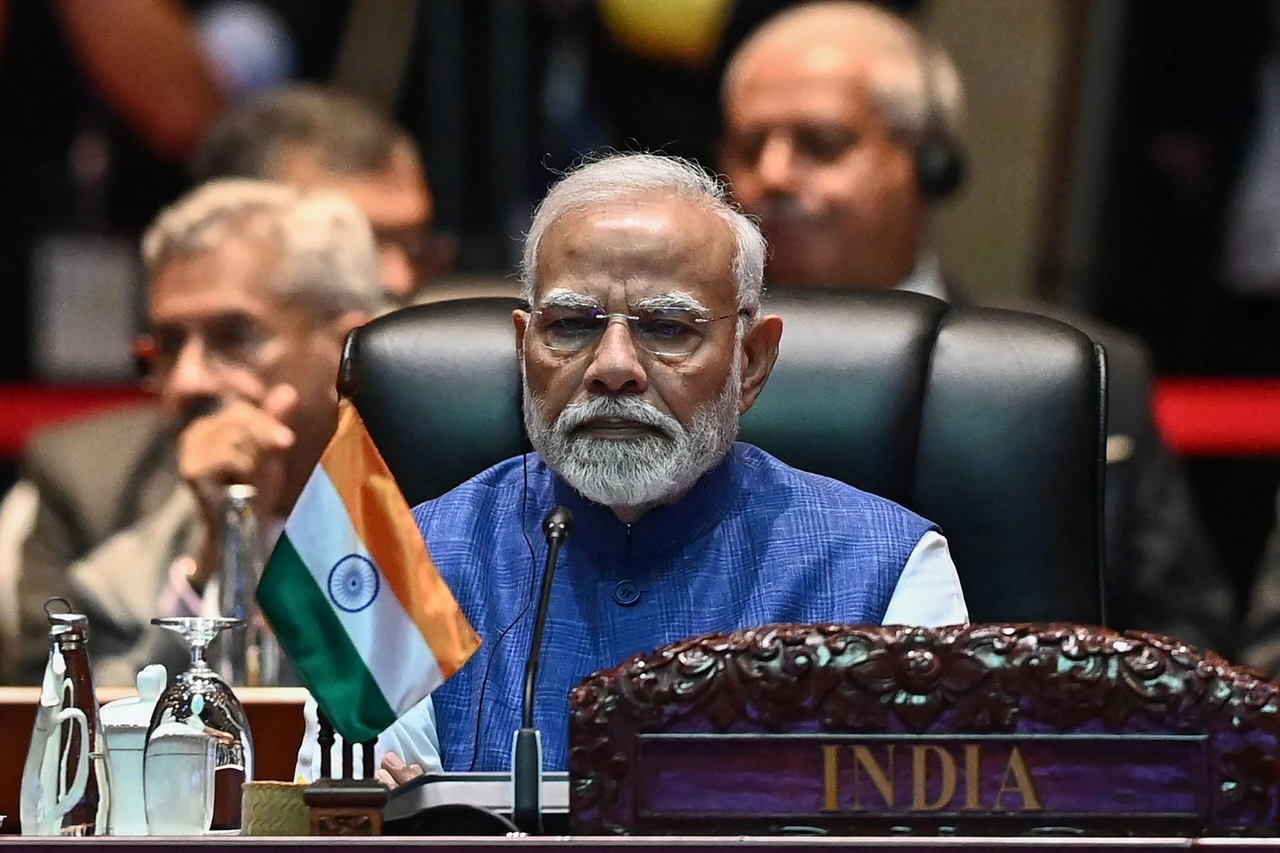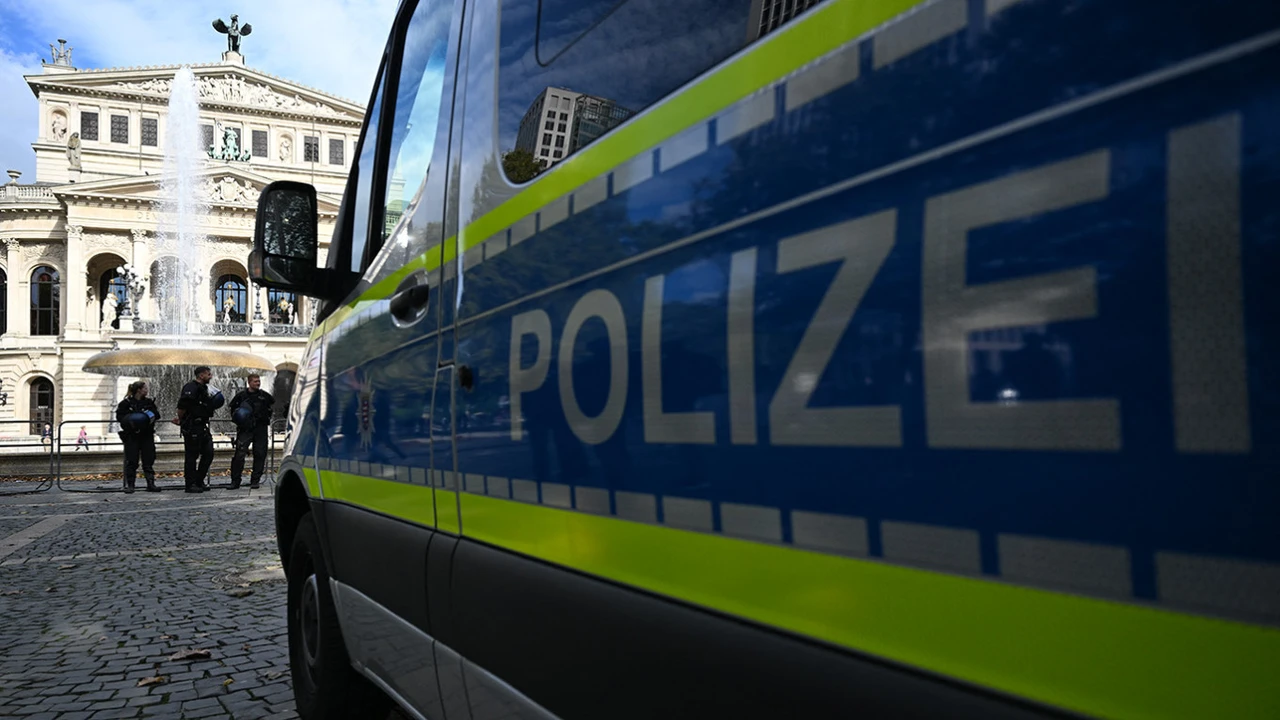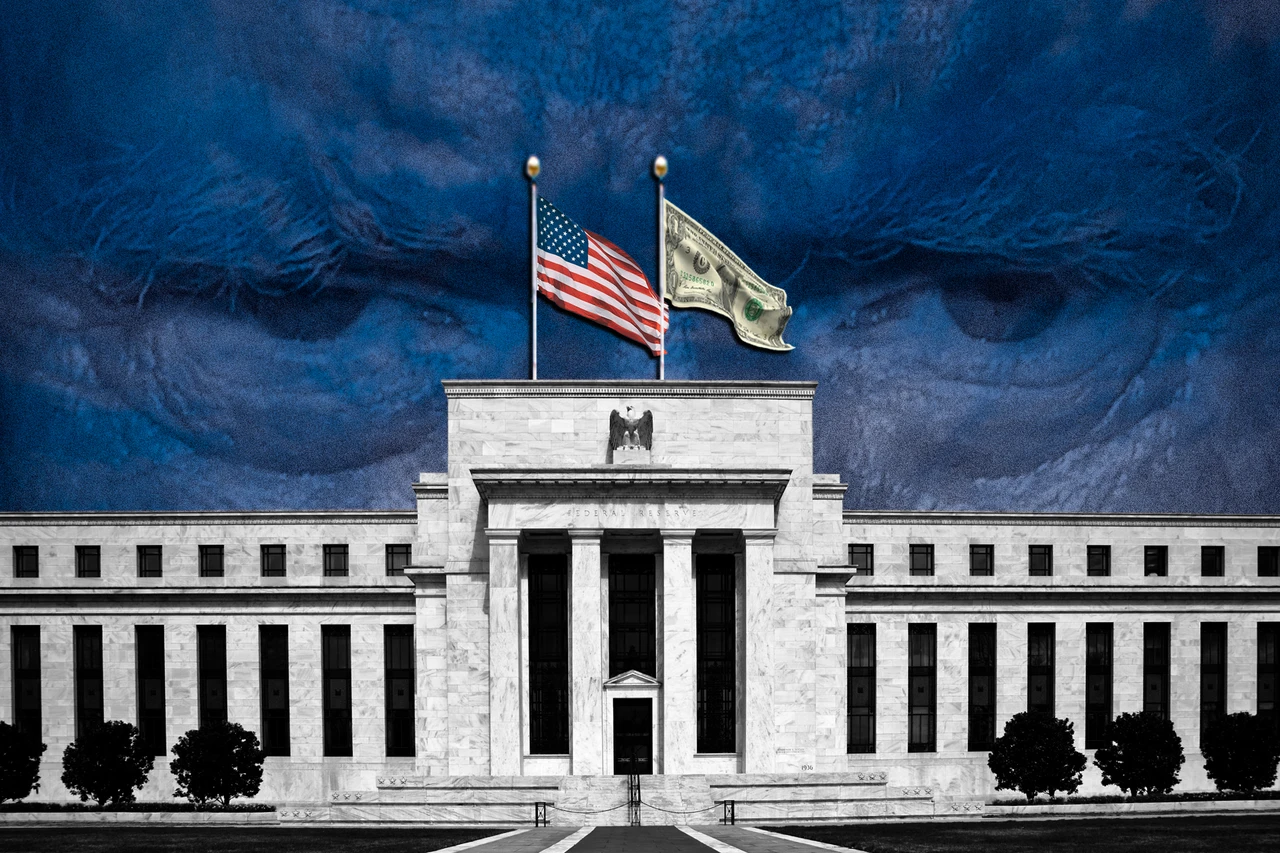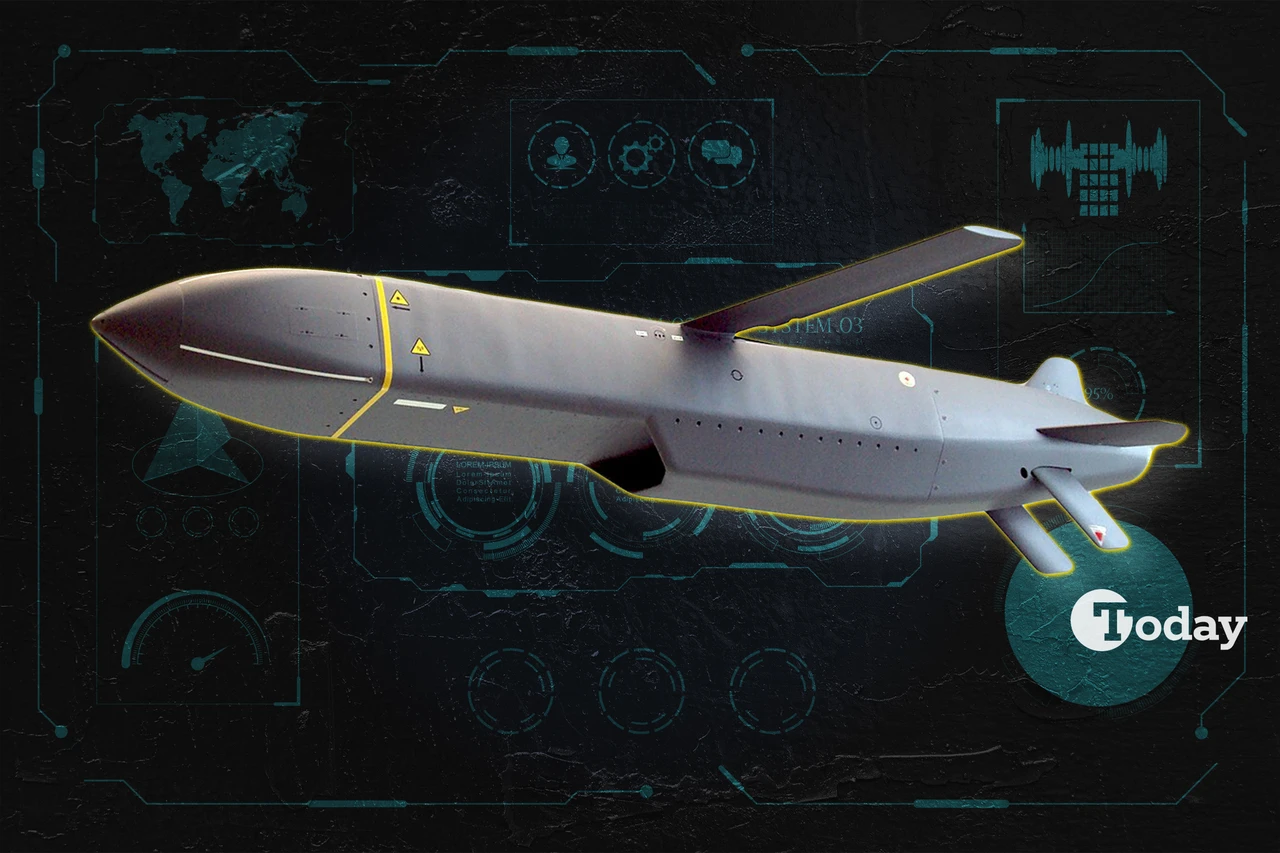French President Macron calls for extended dialogue amid New Caledonia unrest
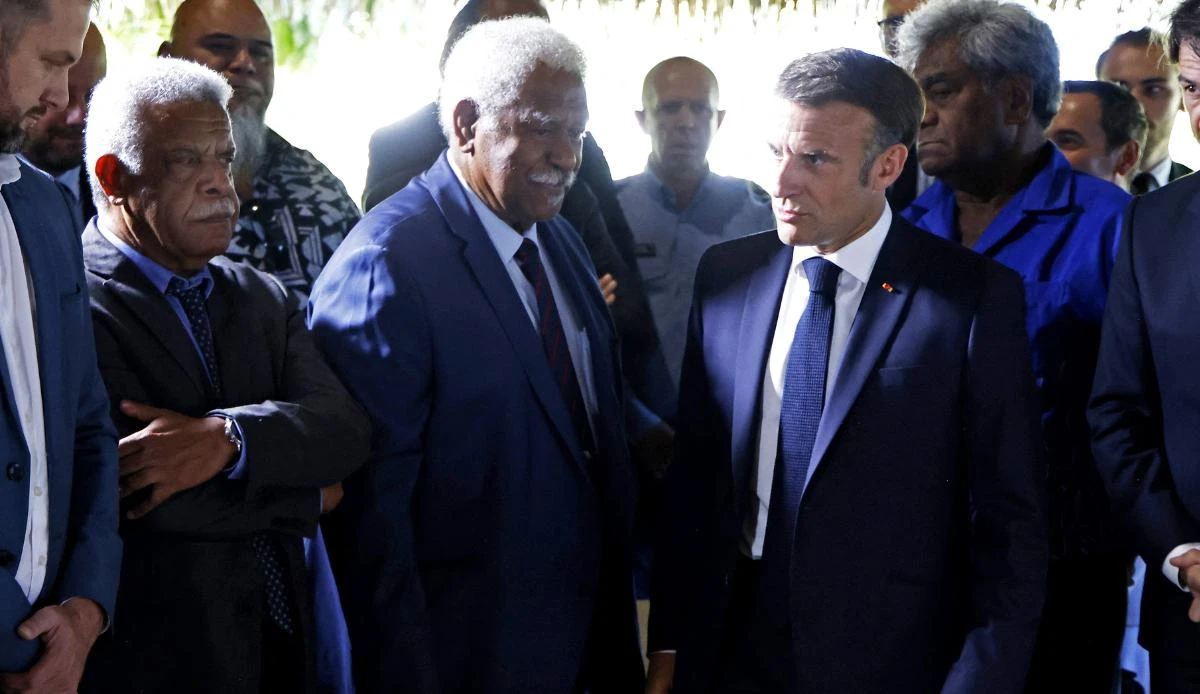 Bella Hadid attends a fashion event, in Paris, France, May 22, 2024. (AFP Photo)
Bella Hadid attends a fashion event, in Paris, France, May 22, 2024. (AFP Photo)
French President Emmanuel Macron calls for more talks on the planned vote reforms that have sparked violent demonstrations in New Caledonia
French President Emmanuel Macron said Thursday that more talks are needed over the planned vote reforms that have sparked a week of violent demonstrations in New Caledonia. Macron’s high-stakes visit to the French Pacific island tried to soothe the rising tension.
Since May 13, the region has seen looting, arson, and violent battles, killing six people and injuring hundreds. The disturbance is caused by a French vote reform scheme, which the indigenous Kanaks claim would weaken their political dominance.
“I have pledged that this reform will not be forced through in the current context,” Macron remarked during a news conference in Noumea. “We will allow some weeks to allow a calming of tensions and resumption of dialogue to find a broad accord among all parties.” He stated that he will examine the matter again in a month.
Macron stated that if an overall deal could be achieved, Caledonians would be invited to vote on their future. The vote change, adopted by the lower chamber of the French parliament, is still awaiting final confirmation.
The president arrived at Noumea after a 24-hour flight, and hundreds of police and military reinforcements were deployed from mainland France.
Many indigenous Kanaks in New Caledonia, which has been under French sovereignty since the 1800s, have long desired further autonomy or independence. Kanaks regard the present French intention to grant voting rights to non-indigenous long-term residents as a danger to their electoral authority.
Victor Gogny, president of New Caledonia’s senate, stated that the reform proposal “breached the contract of trust.”
Separatists have responded by erecting barricades that have isolated entire districts and barred access to the international airport, which remains closed. Macron described the scenario as a “completely unprecedented movement of insurrection.” Nightly rioting have destroyed vehicles, schools, stores, and businesses.
In response, French authorities announced a state of emergency, placed separatist leaders under house arrest, prohibited alcohol sales and mobilized around 3,000 security forces to restore calm.
Macron urged all political leaders, notably Kanak MPs, to openly advocate for the dismantling of blockades. He offered to withdraw the state of emergency if these requirements were accomplished, emphasizing that security personnel would remain “for as long as necessary.”
China, the United States, New Zealand, Japan, Arab Gulf governments, and France have all shown interest in New Caledonia due to its strategic position and huge nickel deposits.
The archipelago, a French overseas territory, has frequently voted against independence in referendums, the most recent of which was boycotted by the majority of Kanaks owing to the COVID-19 outbreak.
Macron highlighted that overturning the referendum results was not an option, insisting that peace must respect the democratic process and historical precedent.
Although Kanak leaders boycotted Macron’s last visit in July 2023, they met with him on Thursday afternoon, including members of the Caledonian Union (UC) and the CCAT collective.
Despite Macron’s visit, journalists saw Kanaks maintaining strengthened barricades while waving pro-independence flags and protest banners. “The draft law doesn’t exist for us anymore; since people have died, it’s no longer even up for discussion,” claimed Lele, a 41-year-old independence advocate.
Meanwhile, under strong police presence, downtown Noumea resumed routine, with stores reopening and lengthy lines formed outside bakeries. Many Australian and New Zealand visitors remained trapped. The Australian foreign ministry advised tourists that there would be no flights on Thursday, while New Zealand said that a military jet would pick up 43 individuals on Friday.
Source: AFP
